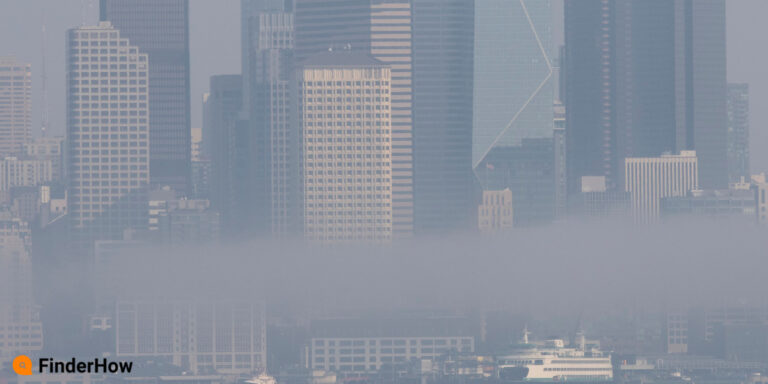The Impact of Climate Change: It’s The Planet, It’s Your Life
We often see climate change reports focusing on melting glaciers and endangered polar bears. While vitally important, these feel distant for many. The truth is, climate change isn’t waiting for the future; its tentacles are already wrapped around our daily lives. From the air quality we breathe to the food on our tables, it’s shaping our world right now. Let’s delve into the tangible ways the impact of climate change is affecting us.
Rising Waters, Rising Worries
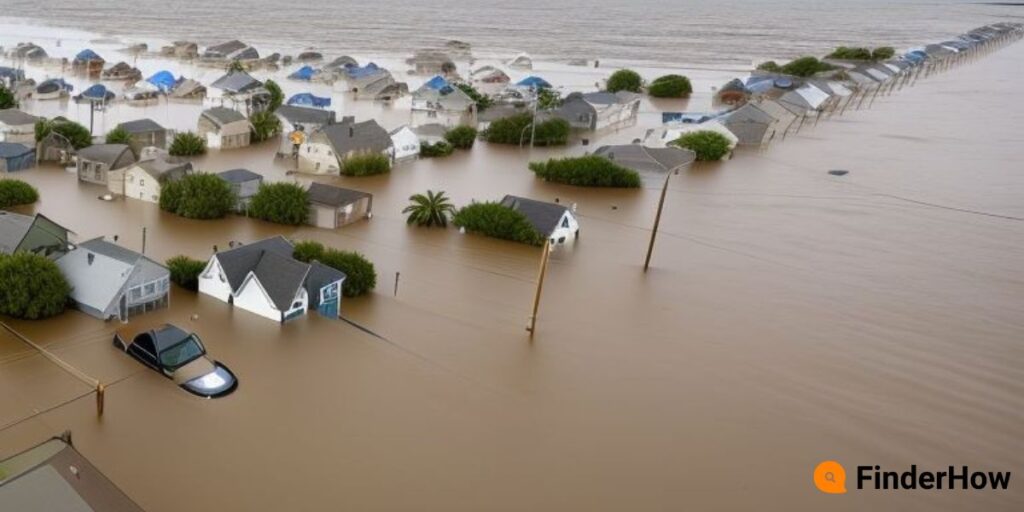
Sea level rise fueled by melting ice caps is no longer a distant threat. Coastal communities face eroding beaches, flooded homes, and infrastructure damage. Saltwater intrusion threatens freshwater supplies, and stronger storms batter our coasts. The result? Forced displacement for millions and a hefty bill for taxpayers.
Extreme Weather Wreaks Havoc
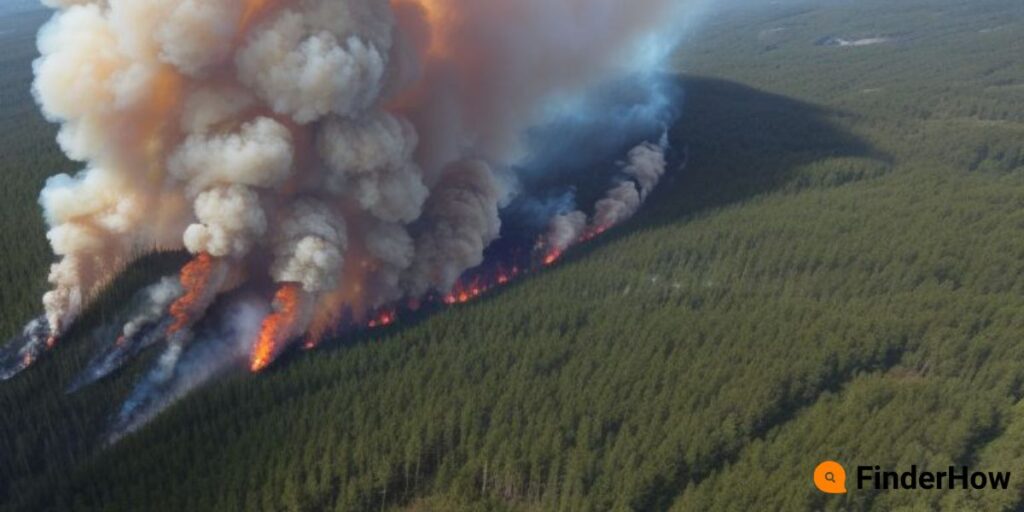
Prepare for more extremes. Heatwaves bake cities, leading to health risks and energy strain. Droughts parch farmlands, raising food prices and threatening famine. Conversely, extreme downpours trigger catastrophic floods, washing away homes and livelihoods. Wildfires rage, fueled by dry conditions.
How Climate Change Messes with Mother Nature
- Extreme Weather Events: Your New ‘Normal’
- Think of the last few summers—were they hotter? Were there more sudden, intense hurricanes or floods in your region? Get used to it. Climate change throws weather patterns into overdrive. Expect more powerful storms, heat waves, and unpredictable droughts.
- Goodbye Coastlines, Hello Rising Seas
- As glaciers and ice caps melt, sea levels rise at an alarming rate. Coastal cities? They’ll face permanent flooding. Islands? They could be swallowed whole.
- Species on the Brink
- Warmer temperatures mess with food sources and habitats for plants and animals. Many won’t be able to adapt fast enough, and extinction rates are climbing. This loss of biodiversity hurts our entire planet’s health.
Our Health on the Frontline: The Impact of Climate Change
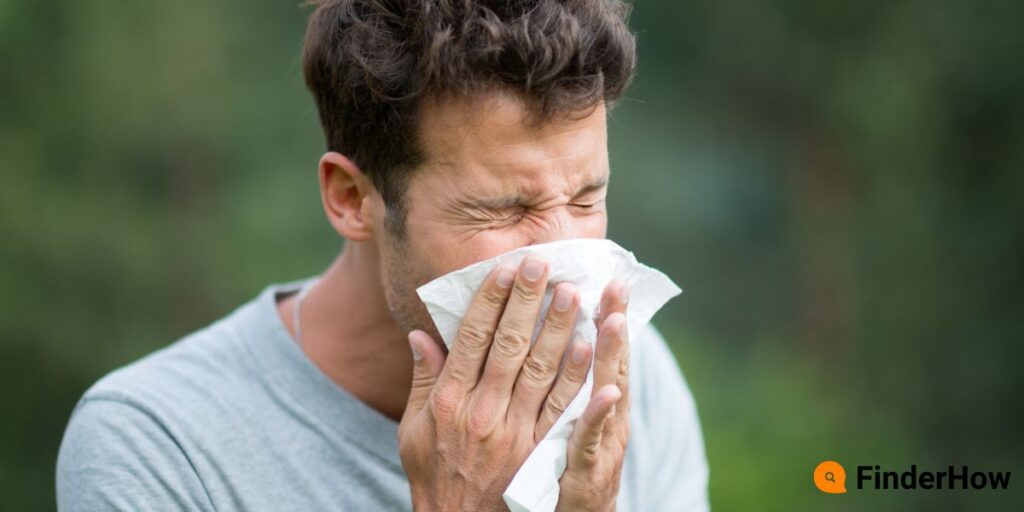
The impact of climate change poses a serious health threat.
- Worsening air pollution triggers respiratory illnesses and heart trouble.
- Longer allergy seasons and increased pollen levels are a misery for many.
- Heatwaves cause heat stress and deaths, especially among the vulnerable
- Extreme weather causes injuries, displacement, and mental health issues.
- Spread of diseases previously confined to warmer regions.
Climate Change is Putting Your Health At Risk
Air Pollution Gets Worse
Hotter weather and wildfires make the air more dangerous to breathe. This increases your risk of asthma, heart disease, and even lung cancer. [Image Alt Text: Person wearing a facemask walking in a smog-filled city]
Disease Spreads Like, Well, Wildfire
As temperatures change, disease-carrying bugs like mosquitoes and ticks can thrive in new areas. Get ready for more outbreaks of things like the West Nile virus and Lyme disease.
Feeling the heat? Your Mind Suffers Too
Extreme heat isn’t just uncomfortable; it’s dangerous. Heatstroke risk soars during heatwaves, and research links hotter temperatures to increased mental health problems.
Is that fresh produce safe?
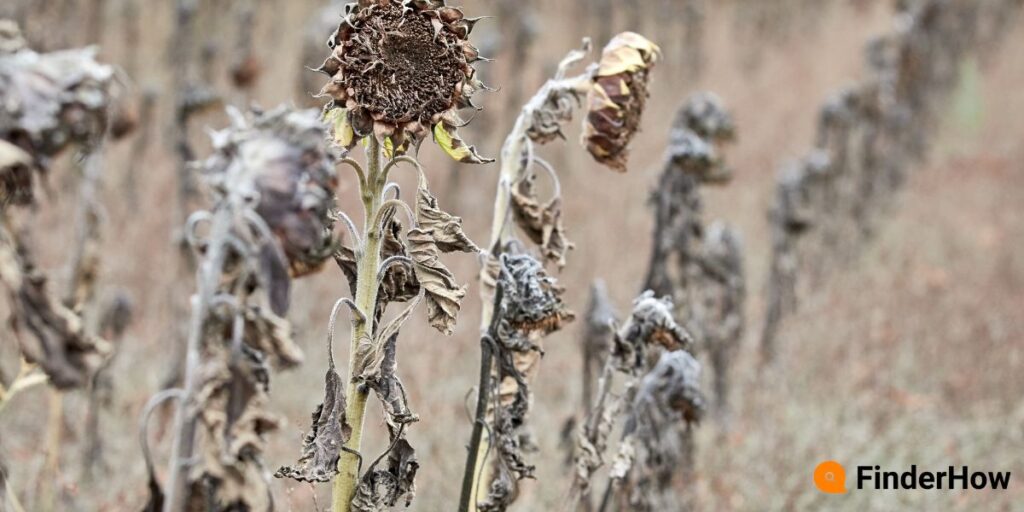
Our dinner plate isn’t immune. Droughts hurt crop yields, leading to food shortages and higher prices. Warmer oceans impact fish populations, destabilizing livelihoods. Extreme weather disrupts food supply chains. Prepare for less variety, lower quality, and a bigger dent in your wallet at the grocery store. Food Shortages and Spiking Prices: Climate change hits your plate. Drought kills your dinner. When rain patterns shift, farmers struggle. Severe droughts mean crops die, leaving less food to go around. That drives up prices at the supermarket and could even lead to shortages. Wildfire burns your basket. Out-of-control wildfires decimate crops, forests, and grazing land. This disruption reduces food supplies and hurts local economies.
The Cost of Inaction
The financial burden is enormous, and we all share it:
- Taxpayers foot the bill for disaster relief and infrastructure repairs.
- Insurance premiums skyrocket, even for those who haven’t been directly hit.
- The loss of jobs and businesses weakens the economy as a whole.
The Inequality Climate Change
It’s important to understand that climate change doesn’t affect everyone equally. Often, those who did the least to cause the problem suffer the most. Low-income communities and communities of color frequently face higher exposure to pollution, less ability to prepare for disasters, and limited access to healthcare when climate-linked health problems strike.


